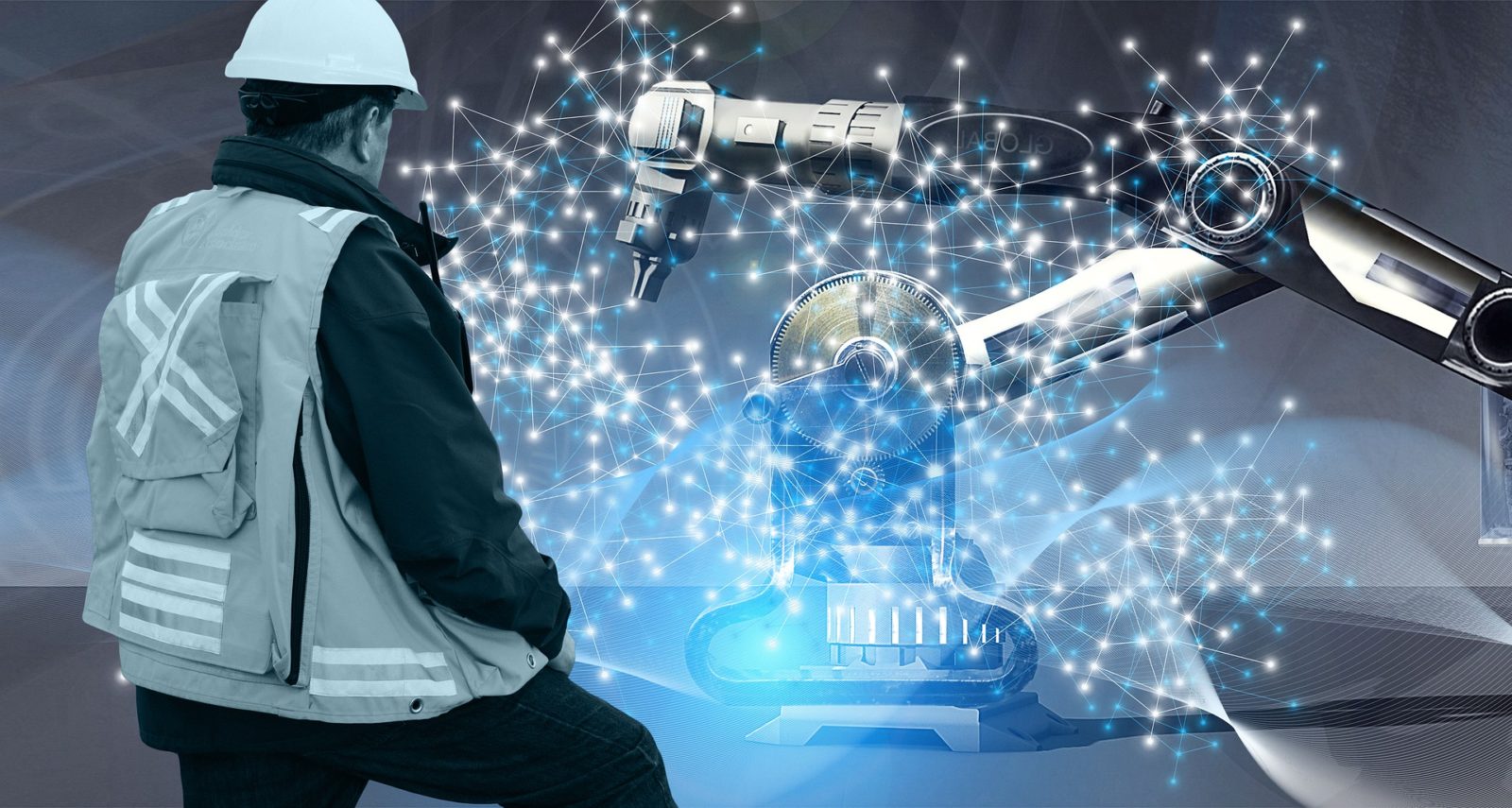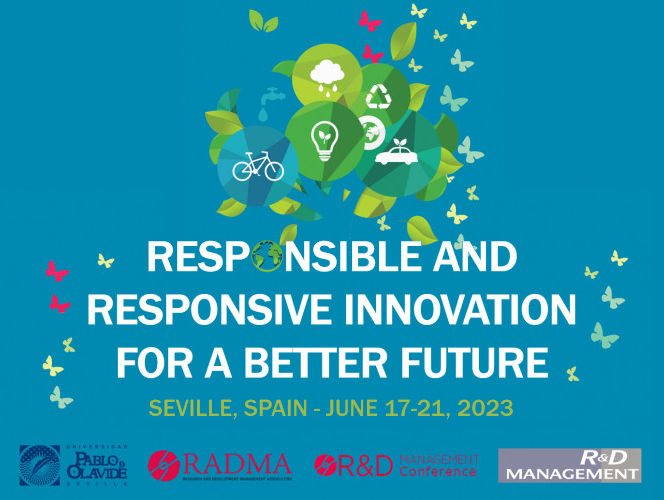Innovation skills are considered to be a combination of soft skills, cognitive skills and technical skills, with technological developments creating new demands for individuals.
Within the digital transformation, workers may need to re-skill or up-skill to adapt to a reorganisation of tasks and the emergence of new jobs. This is creating challenges for companies who are struggling to fill their skills needs to properly manage sustainable and digital changes, resulting in a widespread skill-mismatch.
This is creating a drive towards the use of AI and automation to overcome the skills shortage.
Ahead of the 2023 R&D Management Conference we asked Filippo Chiarello from University of Pisa, co-chair of the track ‘SkillsXInnovation: Exploring a complex twofold relationship’, for his views of the trends in this interesting field.
Filippo has recently concluded a project reviewing ESCO, a multilingual classification of Skills, Competences, Qualifications, and Occupations created by the European Commission to improve the supply of information on skills demand in the labour market. His research analysed the extent to which ESCO captured the technologies and related skill needs associated with I4.0.

He concluded that if ESCO is to meet its ambition of providing a one-stop resource of information on the skills required to work in a given occupation, then it will need to comprehensively capture information on emerging technologies and how they affect the tasks undertaken in jobs.
Q Will the skills shortage hinder innovation?
A. The relation between human competences and innovation is recognised as a key priority for researchers and policymakers agendas.
On the one hand, while competences are a major enabler of firms’ economic performance, skills are a necessary but not sufficient condition for innovation to take place.
On the other hand, innovation has an impact on skills. This is particularly true in the era of the digital transformation, where workers may need to re-skill or up-skill in order to adapt to the reorganisation of tasks and the emergence of new jobs.
While skills gaps have been considered a key element in a firm’s innovation strategy, the lack of focus and the need for more granularity in research on skills is creating gaps and challenges for managers, practitioners and all those from the innovation management community.
Q. Can you describe some recent findings in this area that are of interest to you personally?
A. The interaction between humans and AI and the impact on the different business functions in the workplace is of great interest to me. While early studies looked at the field of design, more recently this has broadened to explore the personal characteristics that underlie a person’s creativity, through to the impact of digital technologies on innovative skills and the capacity of firm’s knowledge baseline to foster innovation.
Increasingly the human resources and R&D management need to work together to define the new combinations of skills that are needed for emerging job profiles.
Q. If someone was new to this topic what would you suggest they read to get a quick overview of the issues?
Bouschery, S. G., Blazevic, V., & Piller, F. T. (2023). Augmenting human innovation teams with artificial intelligence: Exploring transformer‐based language models. Journal of Product Innovation Management, 40(2), 139-153.
Acemoglu, D., Autor, D., Hazell, J., & Restrepo, P. (2022). Artificial intelligence and jobs: Evidence from online vacancies. Journal of Labor Economics, 40(S1), S293-S340. https://doi.org/10.1086/718327
Ciarli, T., Kenney, M., Massini, S., & Piscitello, L. (2021). Digital technologies, innovation, and skills: Emerging trajectories and challenges. Research Policy, 50(7), 104289.
Chiarello, F., Fantoni, G., Hogarth, T., Giordano, V., Baltina, L., & Spada, I. (2021). Towards ESCO 4.0–Is the European classification of skills in line with Industry 4.0? A text mining approach. Technological Forecasting and Social Change, 173, 121177.
Edwards-Schachter, M., García-Granero, A., Sánchez-Barrioluengo, M., Quesada-Pineda, H., & Amara, N. (2015). Disentangling competences: Interrelationships on creativity, innovation and entrepreneurship. Thinking skills and creativity, 16, 27-39.
R&D Management Conference 2023: Responsible and Responsive Innovation for a Better Future
Pablo De Olavide University, Spain, 17-21 June 2023
6.1. SkillsXInnovation: Exploring a complex twofold relationship
Track Chairs: Filippo Chiarello, University of Pisa
Silvia Massini, University of Manchester
Mabel Sanchez Barrioluengo, University of Manchester


